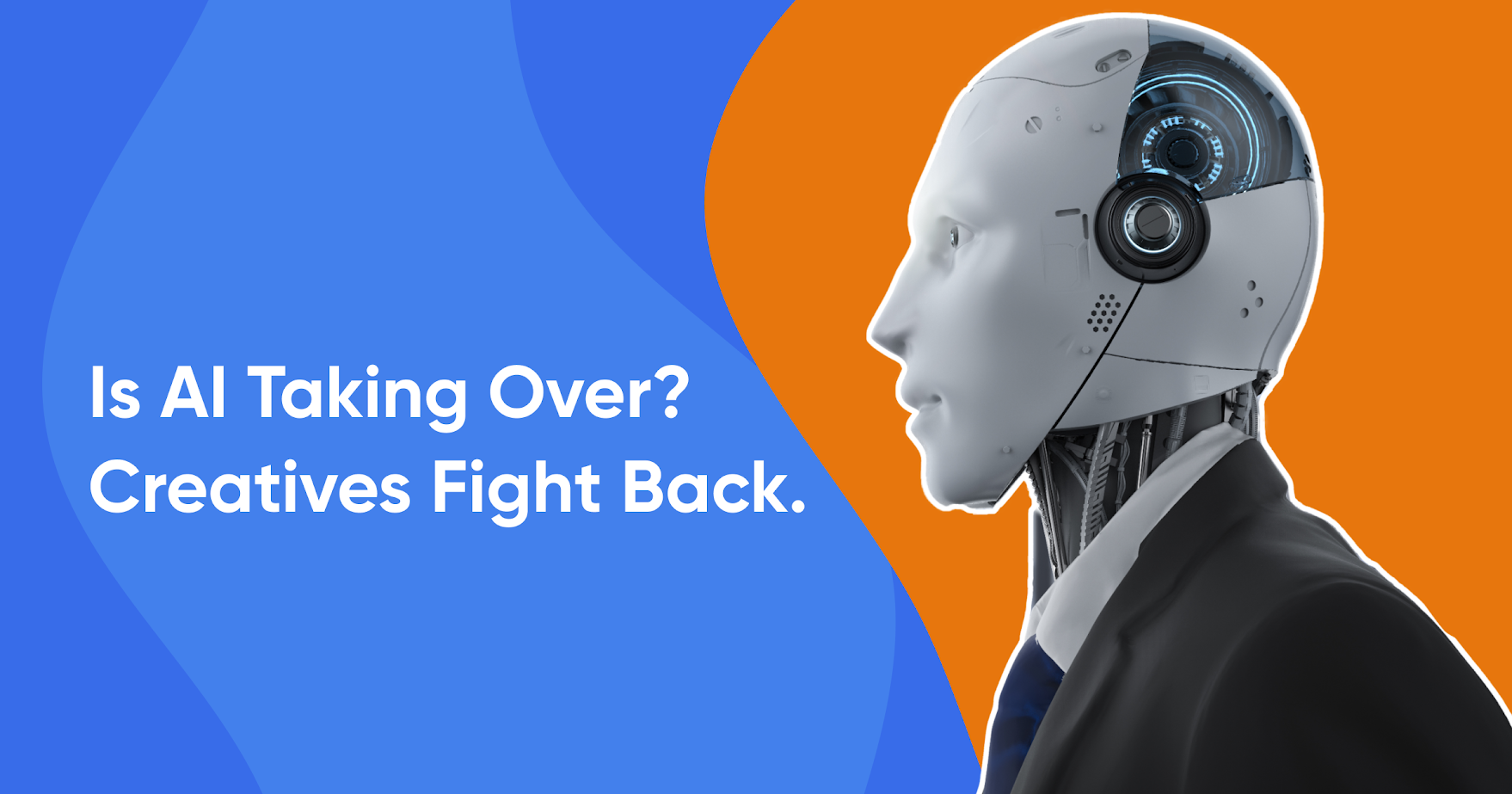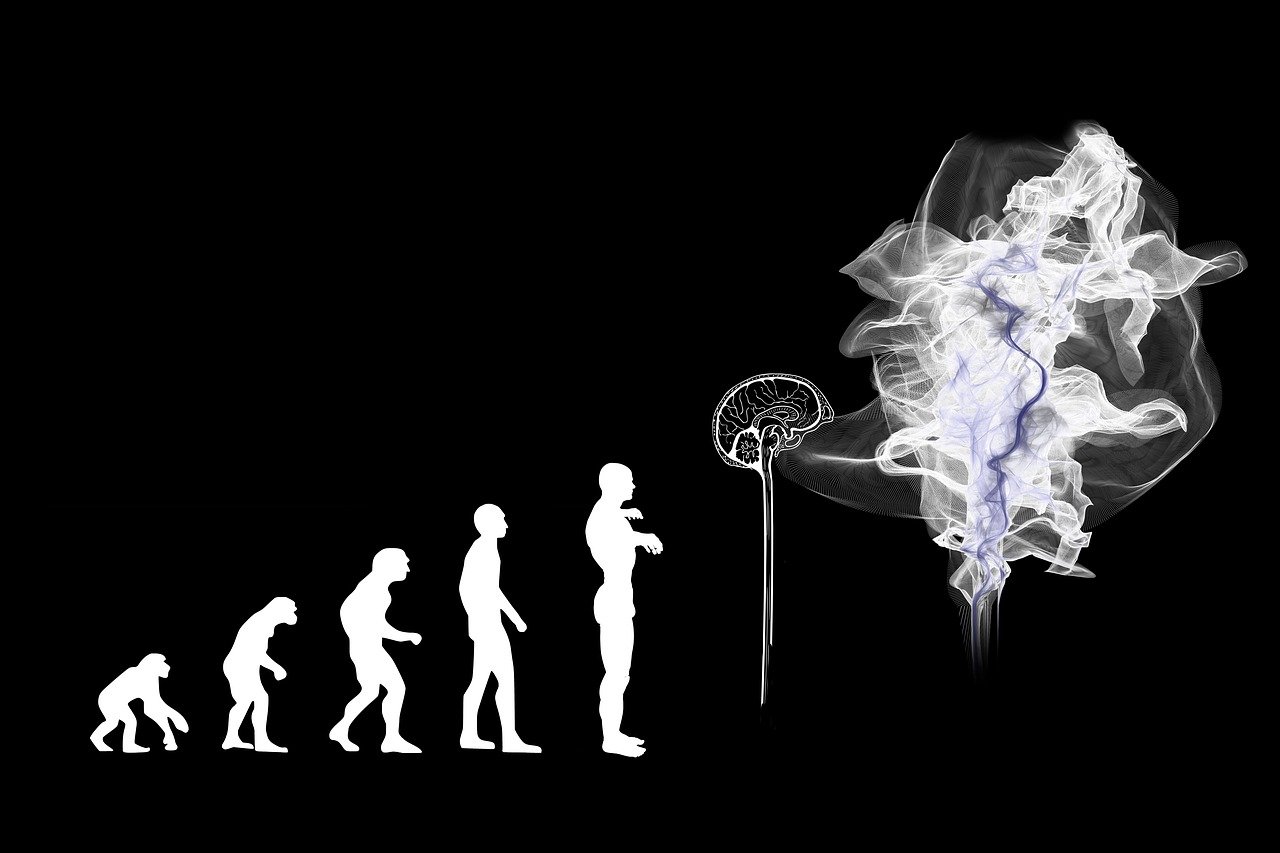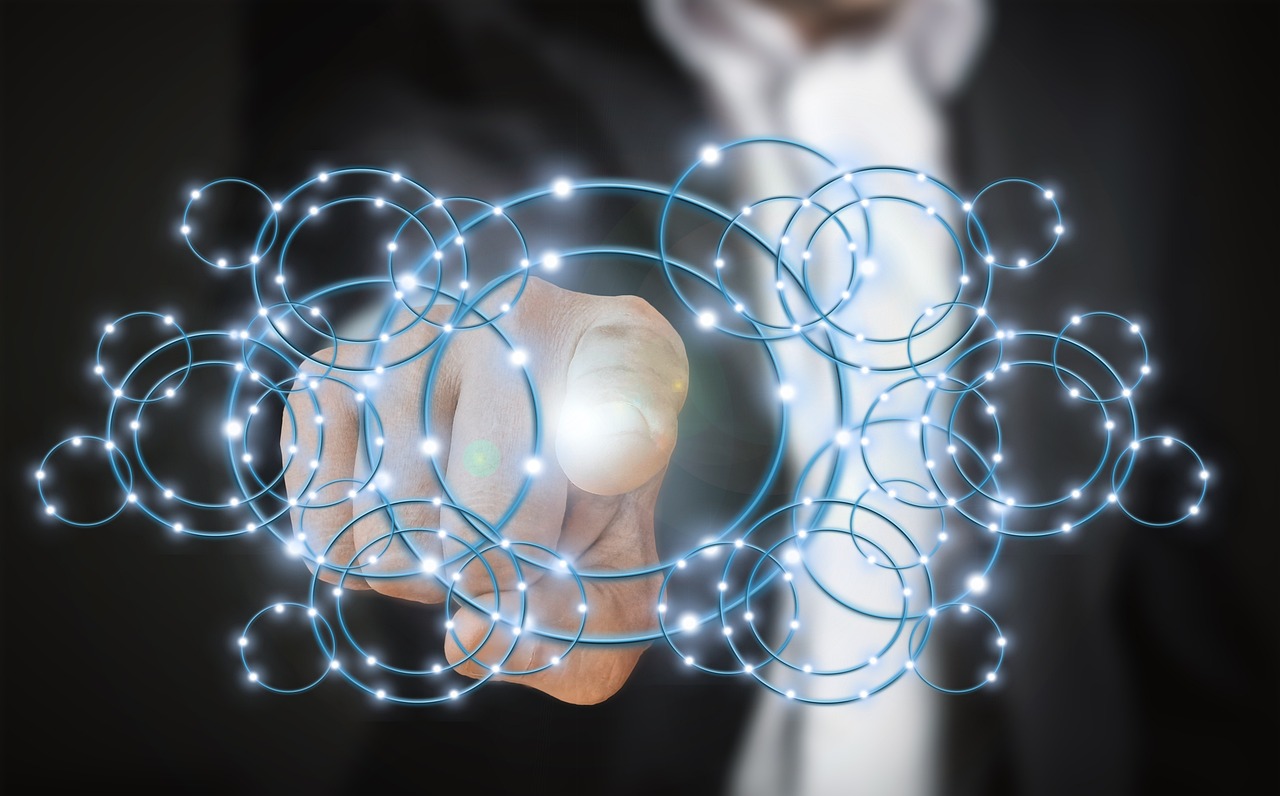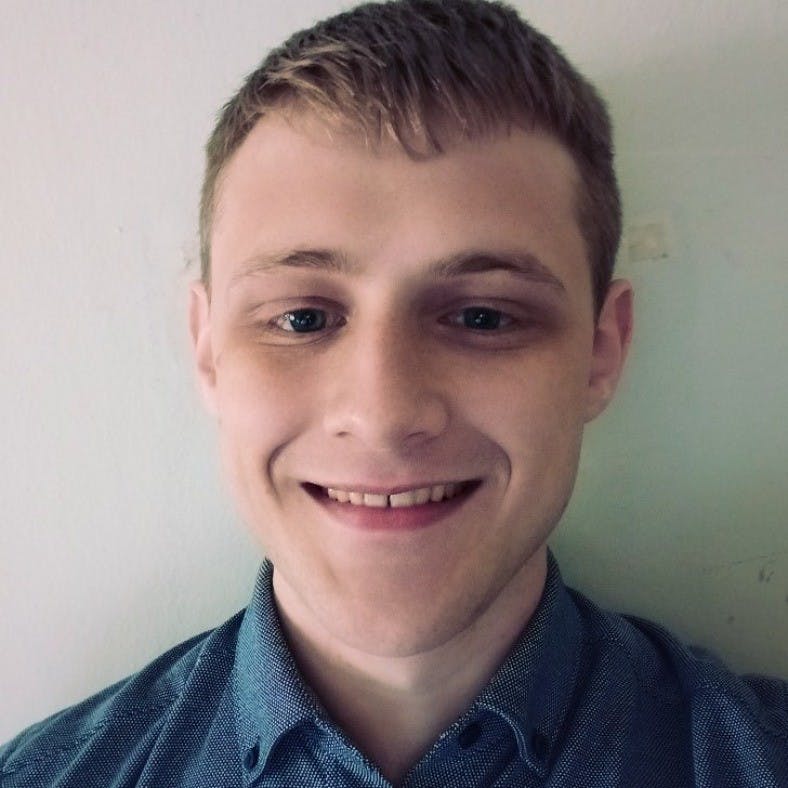Is AI Taking Over? Creators Fight Back.
Joshua Julien Brouard
20 November 2023 • 4 min read

Table of contents

“Computers will overtake humans with AI within the next 100 years. When that happens, we need to make sure the computers have goals aligned with ours.” - Stephen Hawking.
With “prophecies” from great minds like the late Stephen Hawking looming in our minds, one could speculate why authors, painters, and other creators hold concerns about our futures in the age of artificial intelligence (AI).
Artists have shown great concern over the sanctity of their creative endeavors, given artificial intelligence’s unique ability to produce creative works that mimic their own. Take the “fake Drake and Weeknd” song, “Heart on My Sleeve”. Sounds good, doesn’t it? We covered the case of this controversial song on our blog.
With this in mind and creators on the offensive, where do we currently stand regarding copyright protection for artists in light of the new AI systems? Let’s explore this.
Copyright office reviews artists' complaints
“Please regulate AI. I’m scared.”
This is a comment made by an anonymous podcaster who shares the sentiment of artists everywhere worried about their works being reproduced by artificial intelligence. Shira Perlmutter from the US Register of Copyrights stated in an interview that the “close to 10,000 comments” they’ve received are each being reviewed by a human being.
She made it clear that they’re yet to decide on what to do about AI as it’s being presented to them by artists. However, on that note, the Copyright Office has diligently rejected all copyright claims made for works wholly generated by AI. A US District Court even went as far as to rule that all AI-generated artwork can’t be copyrighted.
The Copyright Office is also attending to a broader issue that relates directly to these nearly 10,000 complaints, and that is the invasive nature of how AI trains.
The AI takeover: teaching AI to replicate works.

“For me, personally, it feels like someone’s taking work that I’ve done, you know, things that I’ve learned — I’ve been a working artist since I graduated art school in 2011 — and is using it to create art that I didn’t consent to and didn’t give permission for.” - Hollie Mengert, Disney illustrator.
As part of an experiment, a mechanical engineering student from Canada downloaded 32 of Hollie’s pieces before training an AI, using human input, to replicate her style. What Mengert has said reflects her sentiments towards the issue. And more importantly, is it fundamentally fair?
AI tools such as large language models learn from the data given to them. That means that works made by artists, such as songs, literature, poems, and even audiovisual content, are used to train AI models such as the ever-popular ChatGPT, BARD, Cohere, and Claude.
Television writer Lilla Zuckerman, like Mengert, holds a firm conviction about AI, stating that it’s “nothing more than a plagiarism machine” and that war should be declared on it before such a time that Hollywood is “coopted by greedy and craven companies who want to take human talent out of entertainment.”
Even “Game of Thrones” writer George RR Martin, along with 17 other authors, have sued OpenAI for “systematic theft on a mass scale”. The authors went as far as to call ChatGPT a “massive commercial enterprise” which relies on this “theft”.
Despite these significant concerns, AI technology is still in full force. In fact, it’s expected, by the year 2030, to automate 30% of the hours worked across the US economy. This is according to a McKinsey & Company research report.
What an AI expert thinks of AI’s “mimicry powers.”
We asked Chidhambararajan Ramachidambaram, an AI engineer at Trademarkia, what he thought about the possibility of artificial intelligence taking over human intelligence and the works of creators, such as artists. Here's what he had to say:
“AI taking over artists is analogous to painters being taken over by printers. The advent of printers reduced the need for abstract painters who were creating placards and banners but couldn’t replace the painters who were doing it for the art. The current AI tech performs excellent mimicry of art styles (and mixing of the same) in the music industry, filmmaking, and others. But to replace humans in the field, AI should be capable of creation in the true sense, and current AI learning systems are far away from this.”
According to Chidhambararajan, AI is a far cry away from “creation in the true sense.” But as we’ve seen, artists aren’t so convinced.
What will the Copyright Office decide?
As creators anxiously wait for the Copyright Office’s decision, having voiced their comments and even putting out an open letter to pause “Giant AI Experiments,” it’s up to US intellectual property authorities to put the green light on more stringent control mechanisms.
AI is a complex issue for regulators as it’s a fast-evolving technology. So finding a balance between original creativity and technological innovation is difficult. However, with interesting times come even more interesting solutions. We’ll have to wait and see who finally wins the creativity war.
AUTHOR
Joshua J. Brouard has a diverse background. He has studied bachelor of commerce with a major in law, completed SEO and digital marketing certifications, and has years of experience in content marketing. Skilled in a wide range of topics, he's a versatile and knowledgeable writer.
Related Blogs

What is a provisional patent?
12 June 2024 • 5 min read

How to Know if a Song Is Copyrighted | T...
06 June 2024 • 9 min read

What Is the Difference Between Copyright...
06 June 2024 • 8 min read

Can Copyright Be Renewed? Understanding ...
31 May 2024 • 7 min read

Is Swiftie Trademarked? (Let's Explore)
28 May 2024 • 3 min read
